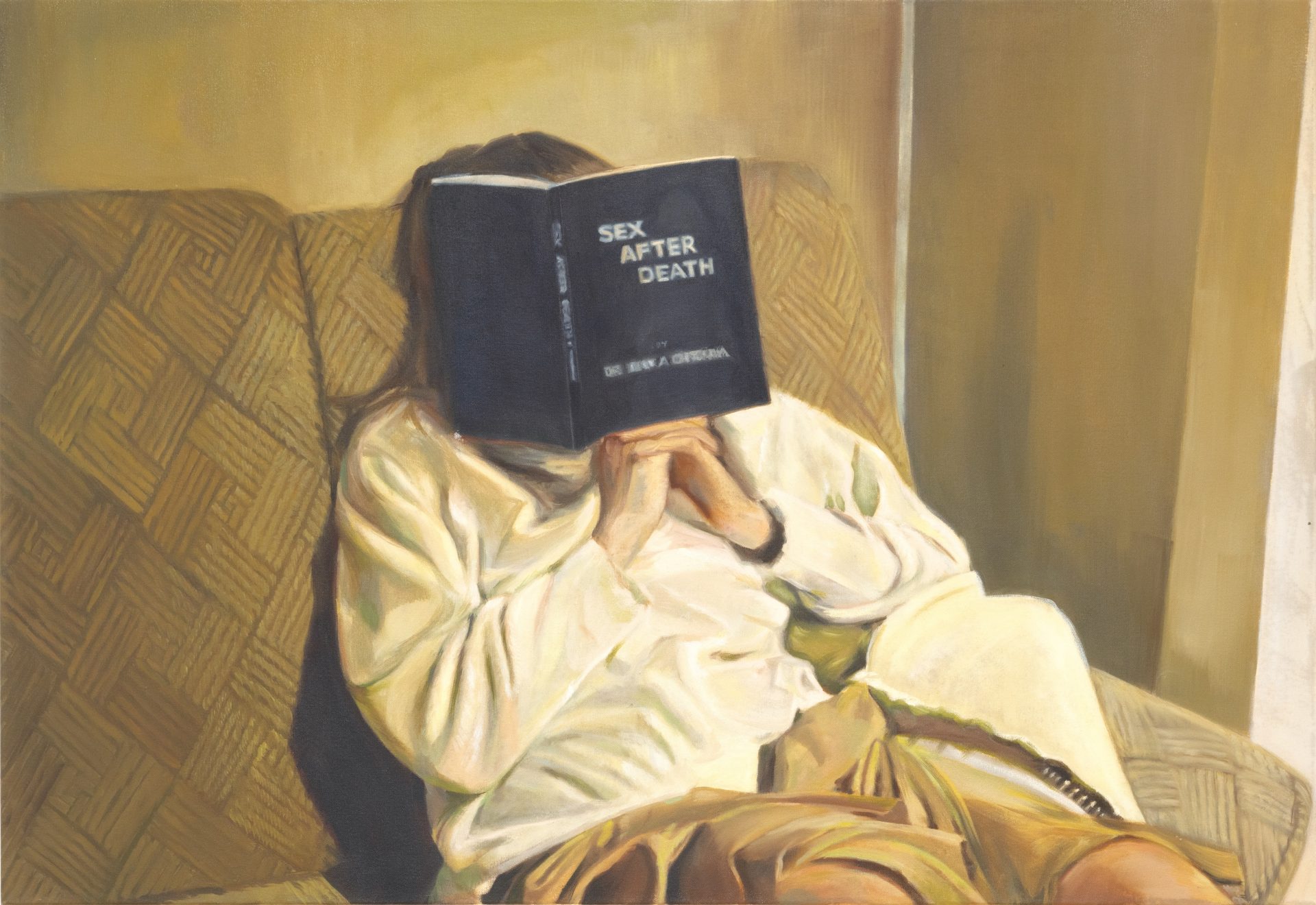When a newspaper reports that a liberal arts college somewhere is teaching a seminar on the hermeneutics of Lady Gaga, do we feel outrage, relief, or both? As the philosophical treatment of pop culture gains currency, it’s easy to be tempted by contradictory reactions: We long for a serious consideration of the seemingly frivolous, yes, but also for the deflation of academic self-seriousness. Inception and Philosophy is the latest entry in Blackwell’s Philosophy and Pop Culture series (previous titles have included The Daily Show and Philosophy and Mad Men and Philosophy, among many more), which apparently shares this slice of the publishing pie with Open Court Publishing’s Popular Culture and Philosophy series. One likes to imagine the two houses locked in a heated rivalry, each with armies of lecturers lying in wait to pounce on the latest cultural fad and deconstruct it before the other gets there first.
While previous Blackwell books like The Simpsons and Philosophy and Star Trek and Philosophy encouraged playfulness, with Inception and Philosophy—a title about an ostensibly serious film made by a serious filmmaker with serious things on his mind—the editors try a different approach. They ask a series of writers to ruminate on the metaphysical questions raised by Christopher Nolan’s Oscar-nominated sci-fi blockbuster. Confronted with a film that actually interrogates being and time, however, these philosophers do little other than fall in line. The book never gets beyond a basic approach to philosophy—there’s much talk of intro-level Plato and Descartes and Augustine, and not so much of the nuances of Althusser or Baudrillard or Fredric Jameson.
Thanks to the film’s ambiguous ending, the first section of Inception and Philosophy dutifully focuses on the question, “Was it all just a dream?” and writer after writer dwell on the familiar issues: The problem of multiple interpretations, the question of whether we may be dreaming right now, or the paradox of caring about characters who may not exist in the first place (both in the film and the real world itself). Later chapters tackle the malleability of time, blind vs. rational faith, the question of free will, and, yes, the morality of the film’s caper narrative. One of the book’s more intriguing essays uses the film to discuss different philosophies of alternate worlds, playing Spinoza, Leibniz, and David Lewis against each other in considering the God-like powers of Inception’s dream architects.
Given the ambitions of Blackwell’s series, it’s probably too much to wish that Inception and Philosophy’s writers would go the full Zizek and use the film as a springboard to riff on Id Machines or the reality within illusions, or that they might place Inception alongside Solaris or Vertigo, other plangent, romantic films about the poverty of the male imagination when trying to conjure lost feminine objects. This is especially too bad because the film opens itself to such interpretations, and almost welcomes them: There’s even a scene at the end where Leonardo DiCaprio confesses to the dream-ghost of his dead wife that he can no longer imagine her in all her human detail. Is the problem here that writing about moments like these would bring messy things like gender politics and literary theory into the mix?
The final result of Inception and Philosophy is that what should be a liberating endeavor—seeking intimations of the metaphysical in a pop cultural object—has instead an antiseptic, scrubbed-down feel. Sanitized of any references to politics, film theory, or even other films, these essays are mostly clumsy efforts at intellectual gymnastics. Which is yet another misfire, as many of them position themselves as rebuttals to criticisms leveled at the film. Instead, by limiting themselves to basic concepts, they become inadvertent critiques of their own. They fail to allow the film, in all its full-bodied complexity, to breathe.
Bilge Ebiri reviews and writes about film for New York Magazine, among other places. He also blogs at They Live by Night.





